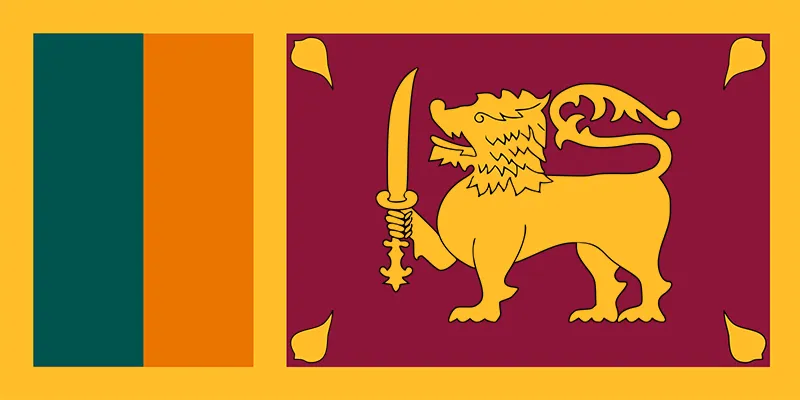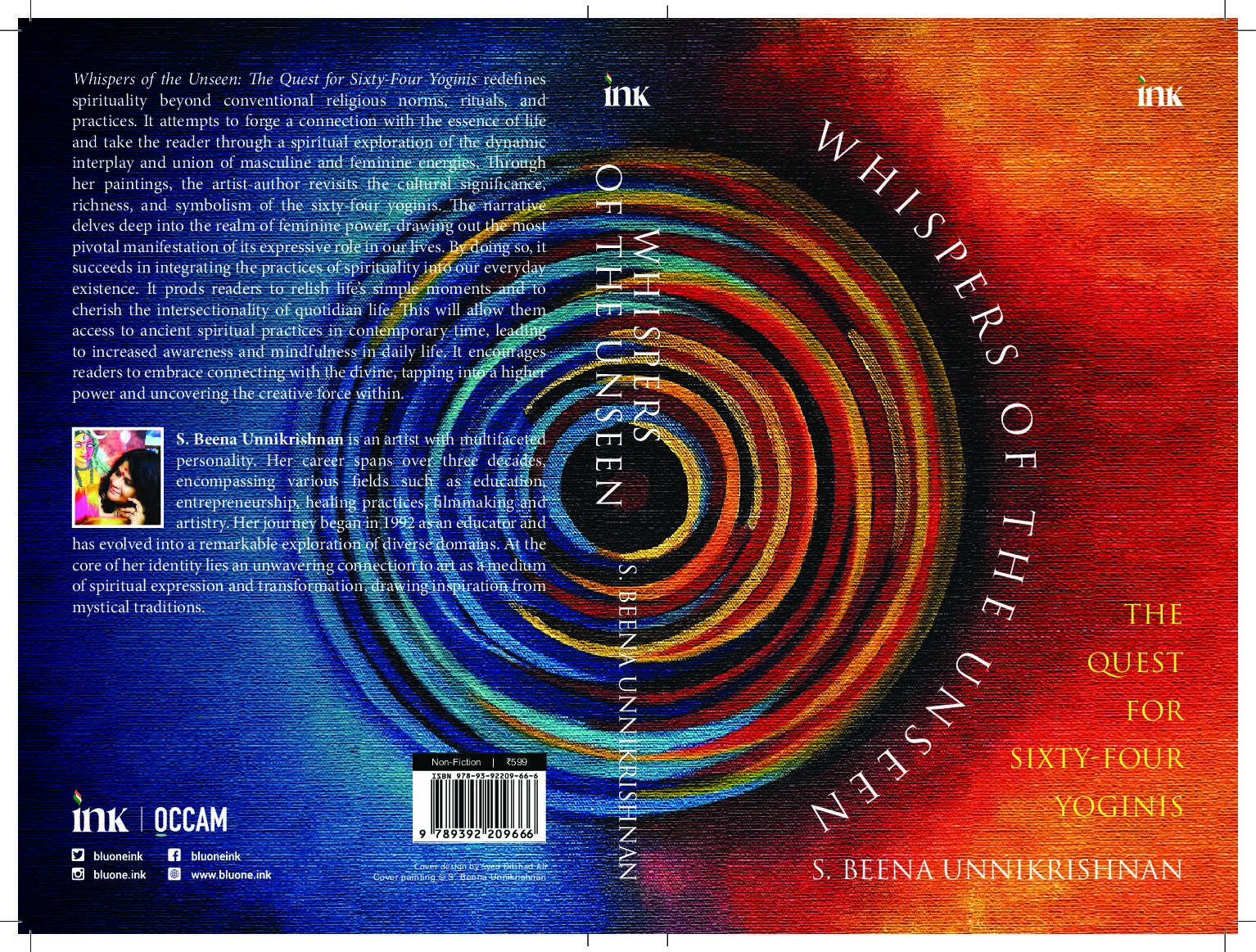What Sri Lanka, other development nations must avoid
When a nation doesn’t manage its finance properly, it suffers the consequences sooner or later
Ravi Shanker Kapoor | July 20, 2022 7:27 pm

Sri Lanka flag (Photo courtesy: Wikimedia)
While the Sri Lankan Parliament on Wednesday elected interim president Ranil Wickremesinghe as the next President, he is yet to prove his acceptance to the people, especially those who have been protesting against the state of affairs for the last four months. For Gotabaya Rajapaksa, the disgraced and ousted president, had appointed him as Prime Minister; he is still is seen Rajapaksa’s man.
Whoever holds the reins of power in the island nation, there are a few things that they should not do. By the way, these are the things leaders of all developing countries all over the world should avoid.
First, they should not ignore public finance. When a nation doesn’t manage its finance properly, it suffers the consequences sooner or later. Deficits, fiscal or current account, hurt. When these are low, growth is adversely affected; when high, crises follow; when too high, catastrophe—as the people of Sri Lanka are experiencing right now.
The second point is that the deficits are like type 2 diabetes; they don’t strike suddenly but keep debilitating the body in various way. If controlled properly and in time, the deficits can be manageable; otherwise, they wreak havoc. Proper management means formulating economic policy in accordance with facts and reason, not on a whim or following a fad.
In the case of Sri Lanka, even before the Covid pandemic, the economy was crumbling, with a falling rate. The pandemic exacerbated the situation. President Gotabaya Rajapaksa and his brother, prime minister Mahinda Rajapaksa, failed miserably in managing the economy. The crisis became a catastrophe when the Rajapaksa brothers imposed organic farming and banned chemical fertilizers on April 29, 2021.
The decision made green activists happy—but few others. The Indian environmentalist Vandana Shiva said in June last year at a virtual summit, “This decision will definitely help farmers become more prosperous. Use of organic fertilizer will help provide agri products rich with nutrients while retaining the fertility of the land.”
With improvement in biodiversity, the harvest will also improve and crops will become resistant to weeds and various diseases, she added.
But this is not what happened; there was a sharp fall in farm yields. The ban on chemical fertilizers was withdrawn eventually after extensive protests, but the damage could not be undone. Paddy produce fell by 30-40 per cent; tea production, another major crop, was hit even more.
Problems multiplied: foreign exchange reserve began depleting; there were severe food shortages; there were widespread protests, resulting in violence and finally the fall of the Rajapaksas.
It needs to be mentioned here that organic farming is not without its merits. But, like everything else in the economy, it must be allowed to grow… well, organically. It cannot be and should not be imposed by executive fiats and capricious pieces of legislation.
The third thing developing nations should avoid is: don’t look for scapegoats when there is an economic crisis. But the Rajapaksas blamed everyone—from so-called hoarders to the media—though they themselves were responsible for the mess. After declaring a state of emergency, their administration used coercive measures, including the deployment of armed forces, to check the crisis. You can use force to combat terrorists but not an economic crisis.
The fourth thing developing nations need to avoid is too much proximity with China: it’s like dancing with the dragon. China deployed the Belt and Road Initiative to ensnare Sri Lanka into a debt trap. About a tenth of the island nation’s total foreign debt is in the form of concessionary loans. This does not include the commercial loans through Chinese state banks. As a result, Sri Lanka had to hand over the Hambantota port to China for 99 years (Compare this with India’s magnanimity: acting like a friend in need, India given aid worth $3.8 billion to Sri Lanka).
Most of all, at this point the next Sri Lankan government must avoid such pitfalls.






























